The Ministry of Education and Training has just issued Directive No. 733 requesting to rectify the implementation of regulations related to the abolition of paper household registration books and paper temporary residence books when performing administrative procedures and public services in the education sector.
The Directive stated that, in order to implement the provisions of the 2020 Law on Residence on the expiry of paper household registration books and paper temporary residence books (paper SHK, paper STT) after December 31, 2022, the Minister of Education and Training (MOET) has issued, under its authority, or submitted to competent authorities for issuance, legal documents amending, supplementing or replacing documents with regulations related to the submission and presentation of paper SHK and paper STT when performing administrative procedures and public services in the field of education and has announced and publicized these administrative procedures according to regulations.
However, in reality, many localities and educational institutions still require individuals and organizations to submit or present paper SHK and STT when performing administrative procedures and public services in the education sector, causing inconvenience to individuals and organizations.
In order to rectify the above situation and strictly implement the Prime Minister's direction in Official Dispatch No. 90/CD-TTg dated February 28, 2023 on rectifying the implementation of regulations related to the abolition of paper SHK and STT; Directive No. 05/CT-TTg dated February 23, 2023 of the Prime Minister on continuing to promote the implementation of the Project on developing applications of population data, identification and electronic authentication to serve national digital transformation in the period of 2022-2025, with a vision to 2030 in ministries, branches and localities in 2023 and the following years, the Minister of Education and Training requests:
State management agencies for education at all levels strictly implement the regulation of not requiring (or requiring) individuals and organizations to submit or present paper SHK and STT in addition to the prescribed dossier components when performing administrative procedures and public services in the field of education.
Localities and educational institutions have connected to the National Population Database, ensuring conditions for exploiting and using population information without requiring individuals and organizations to submit or present other types of documents proving residence information such as residence information confirmation papers, personal identification number notifications, etc. when performing administrative procedures and public services in the education sector.
The Education sector strengthens direction and guidance for preschool, general education, continuing education, higher education, pedagogical colleges and related units to strictly implement the policy of not requiring individuals and organizations to submit or present paper SHK and STT when receiving and handling administrative procedures and public services in the education sector.
Strengthen propaganda to civil servants and public employees at all levels of education management, teachers, lecturers and staff in preschool, general education, continuing education institutions, universities, pedagogical colleges and related units not to require individuals and organizations to submit or present paper SHK and STT when performing administrative procedures and public services in the education sector.
Publicly post administrative procedures at agencies and units directly responsible for receiving and handling administrative procedures at localities and educational institutions so that people know that they are not required to submit or present paper SHK and STT when performing administrative procedures and public services in the education sector.
The Director of the Department of Education and Training directs, organizes inspections, and promptly handles violations of regulations on removing the requirement to submit and present paper SHK and STT when receiving and handling administrative procedures and public services in the education sector.
The Department of Information Technology shall preside over the review and upgrading of the administrative procedure settlement information systems of the Ministry of Education and Training to ensure the completion of connection and integration with the National Population Database. The Office and units under the Ministry of Education and Training shall preside over the settlement of administrative procedures under the jurisdiction of the Ministry of Education and Training in coordination with the Department of Information Technology to restructure the process and complete internal processes to organize the exploitation and use of information on residence to serve the settlement of administrative procedures and public services, without requiring individuals and organizations to present or submit SHK, paper STT and documents proving residence.
This Directive is disseminated to all cadres, civil servants, and public employees at all levels of education management, teachers, lecturers, and staff in preschool, general education, continuing education, higher education, pedagogical colleges, and related units for thorough understanding and serious and timely implementation.
Regarding household registration books and temporary residence books in the education sector, in Tay Ninh, not long ago, when implementing the 2023 high school graduation exam, the Department of Education and Training reminded candidates that paper household registration books are no longer valid in determining the candidate's place of residence (to calculate priority points).
Meanwhile, it is estimated that about 20% of candidates nationwide still lack the necessary documents, including students returning from abroad to take the exam. Therefore, in order to enjoy the preferential points system accurately and for the right subjects, candidates must write a commitment stating clearly where they reside and during what period of time, because this information affects the preferential points system. Normally, the highest preferential points system belongs to candidates living in areas with particularly difficult economic and social conditions (area 135).
Viet Dong
Source link



![[Photo] General Secretary attends the parade to celebrate the 80th anniversary of the victory over fascism in Kazakhstan](https://vphoto.vietnam.vn/thumb/1200x675/vietnam/resource/IMAGE/2025/5/7/dff91c3c47f74a2da459e316831988ad)

![[Photo] Prime Minister Pham Minh Chinh receives delegation from the US-China Economic and Security Review Commission of the US Congress](https://vphoto.vietnam.vn/thumb/1200x675/vietnam/resource/IMAGE/2025/5/7/ff6eff0ccbbd4b1796724cb05110feb0)




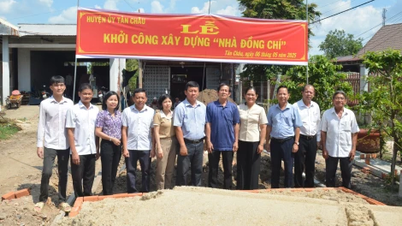


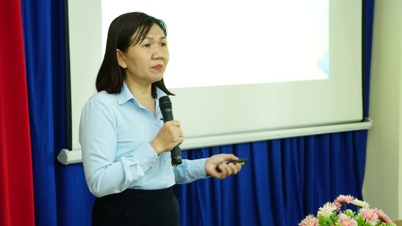











![[Photo] Sparkling lanterns to celebrate Vesak 2025](https://vphoto.vietnam.vn/thumb/1200x675/vietnam/resource/IMAGE/2025/5/7/a6c8ff3bef964a2f90c6fab80ae197c3)
















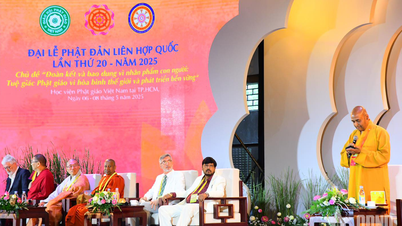
























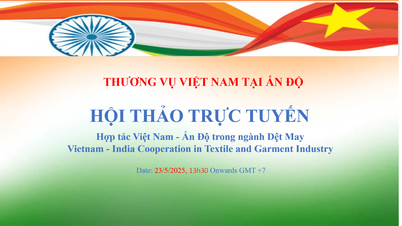






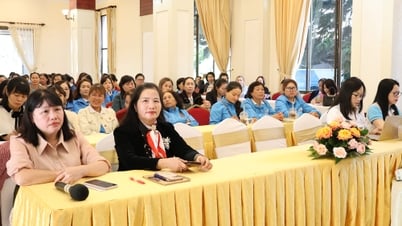













Comment (0)